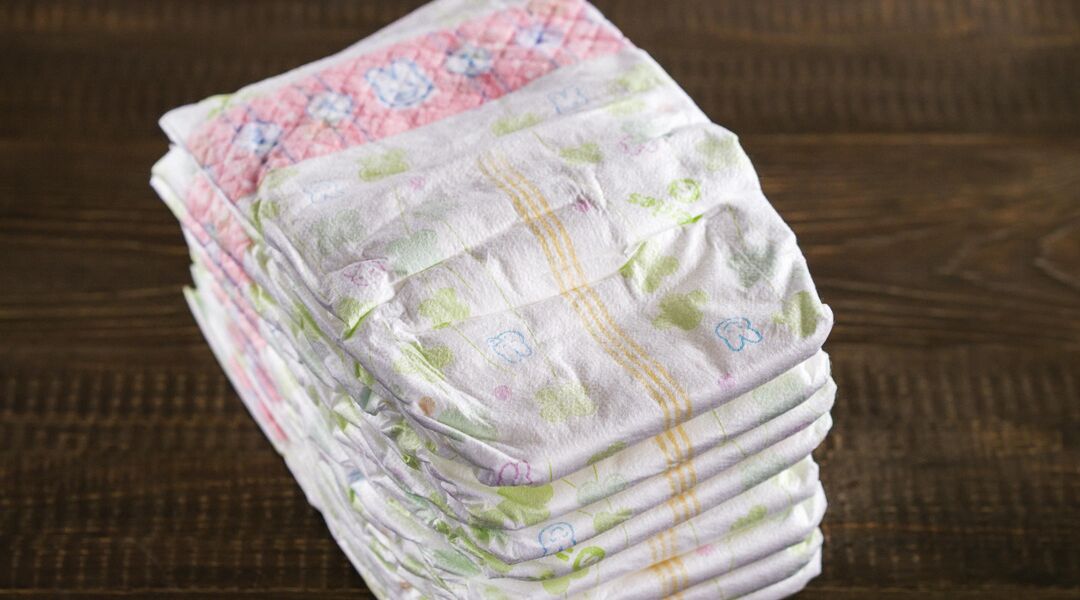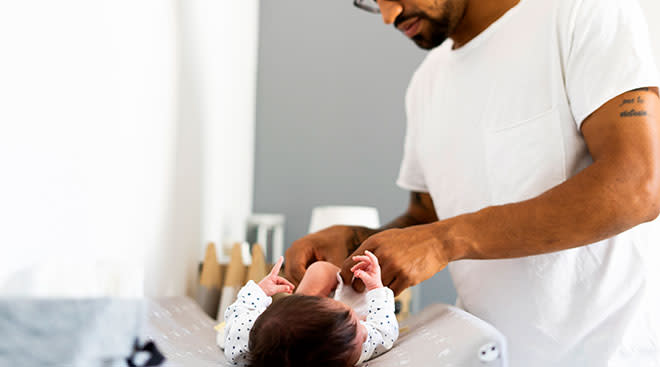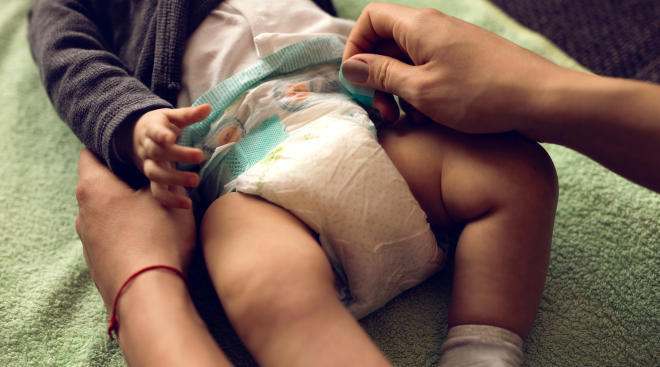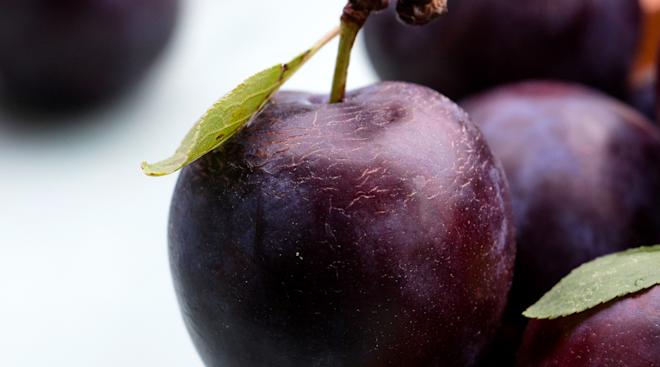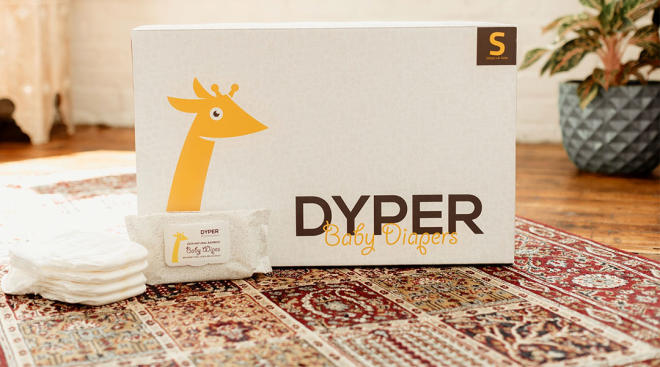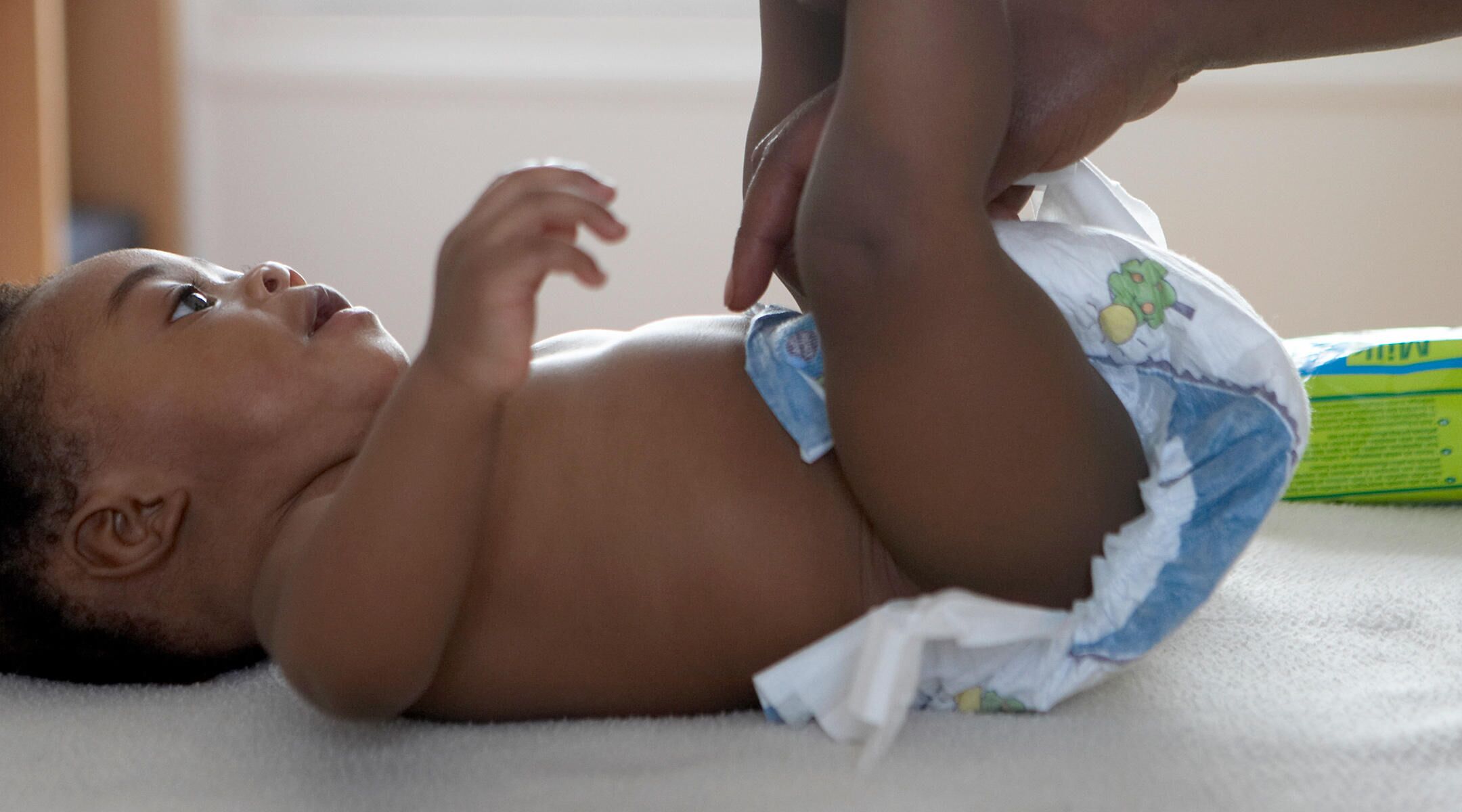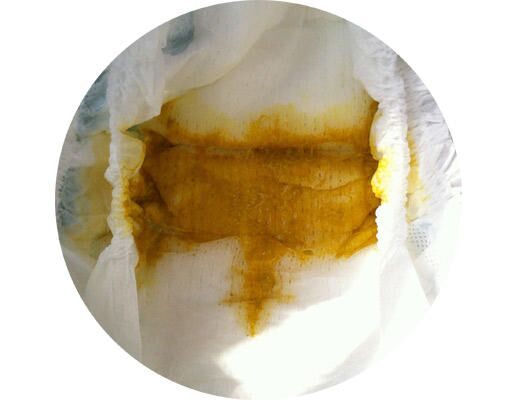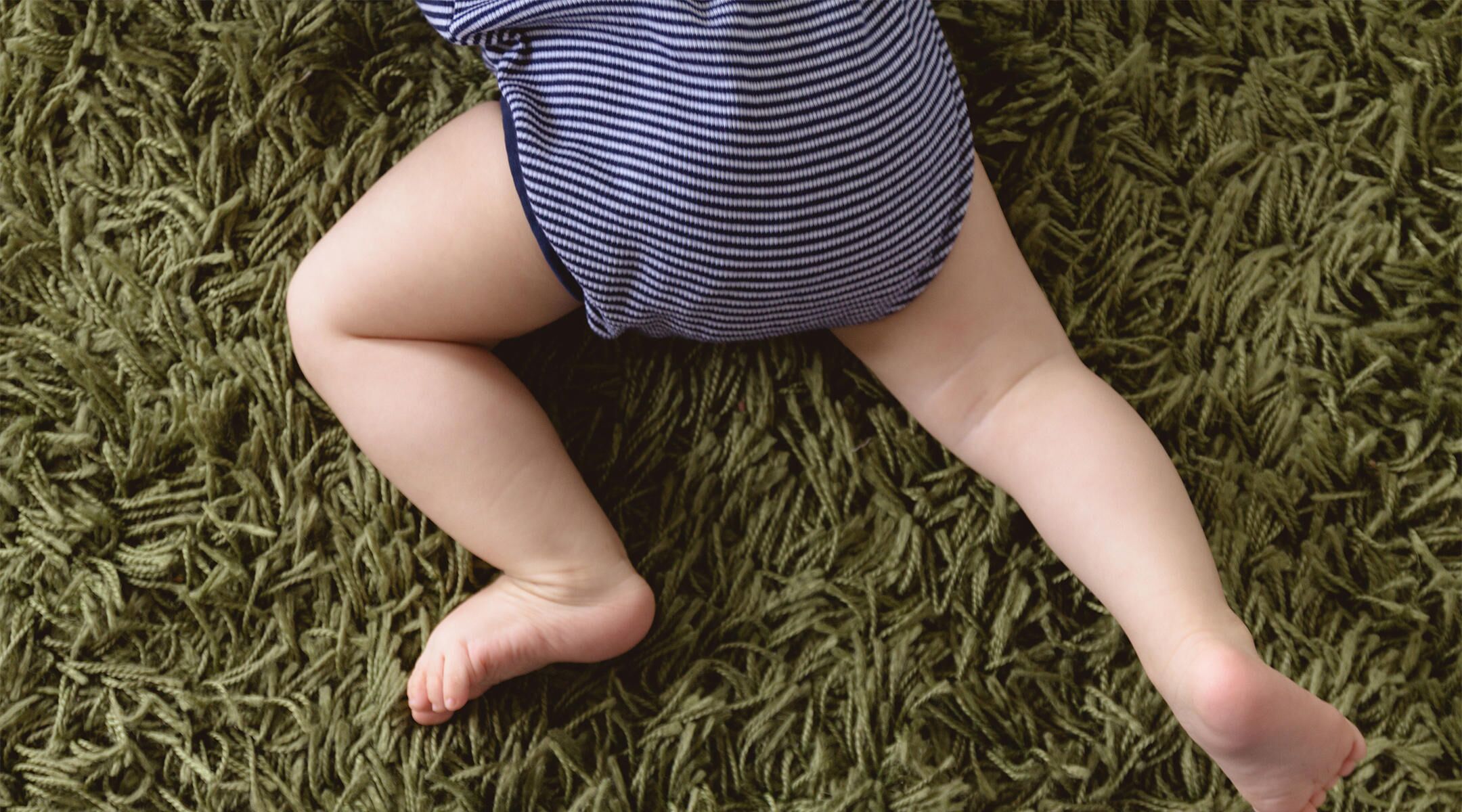Bloody Stools in Babies
What are bloody stools in babies?
Is there an unexpected surprise in your baby’s diaper? Don’t be too shocked if you see a tinge of red in her stool. It’s understandably alarming, but more common than you’d think and usually harmless.
What could be causing my baby to have bloody stools?
Let’s go back to the whole birthing experience. If you had a vaginal delivery, you may recall (and who can forget) that there can be a little down-there tearing when baby’s head leaves the birth canal. Same idea on this end: A piece of stool that’s a little too big to fit through your baby’s anus causes a small tear, aka fissure, which can result in some slight bleeding. There are also less common (and more worrisome) issues that can cause this bleeding, including any kind of hemorrhage or bleeding in the gut.
When should I bring my baby to the doctor with bloody stools?
If the blood appears to be in the middle of the stool (as opposed to alongside it), if you’re seeing large clots of blood or if the bleeding is occurring several different times, call your doctor to make sure there’s not something more serious going on.
What should I do to treat my baby’s bloody stools?
If she’s straining to pass her stool (and older than four months), try giving her some mashed-up prunes to help soften her poop and make passage less painful. If she’s over a year, increase her intake of high-fiber foods, including fruits like apples, pears and grapes, and beans, broccoli and peas, as well as whole-grain breads and cereals.
Please note: The Bump and the materials and information it contains are not intended to, and do not constitute, medical or other health advice or diagnosis and should not be used as such. You should always consult with a qualified physician or health professional about your specific circumstances.
Navigate forward to interact with the calendar and select a date. Press the question mark key to get the keyboard shortcuts for changing dates.
































